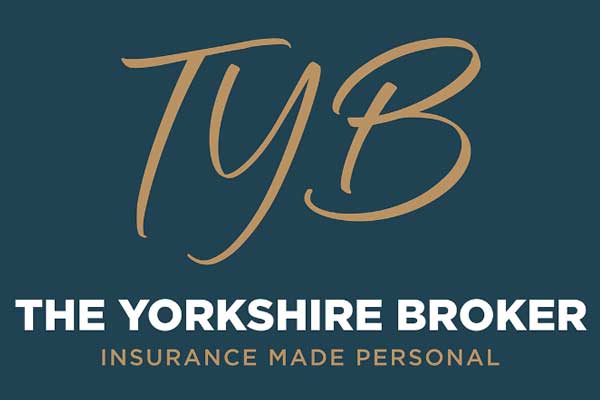Ensuring you have the right insurance as a business owner is vital. It can protect you from the unexpected and ensure that both you and your business as a whole, are safe.
Business interruption insurance is one of the most overlooked insurance policies available. Many business owners assume that other insurance will cover them if their operations are interrupted. Yet, this isn’t necessarily the case.
Buildings and contents policies cover the initial damage from events such as fire, break-ins and floods. They will not allow for the consequential financial loss that your business experiences.
For many without the correct insurance, long-term interruption often turns into business termination.



